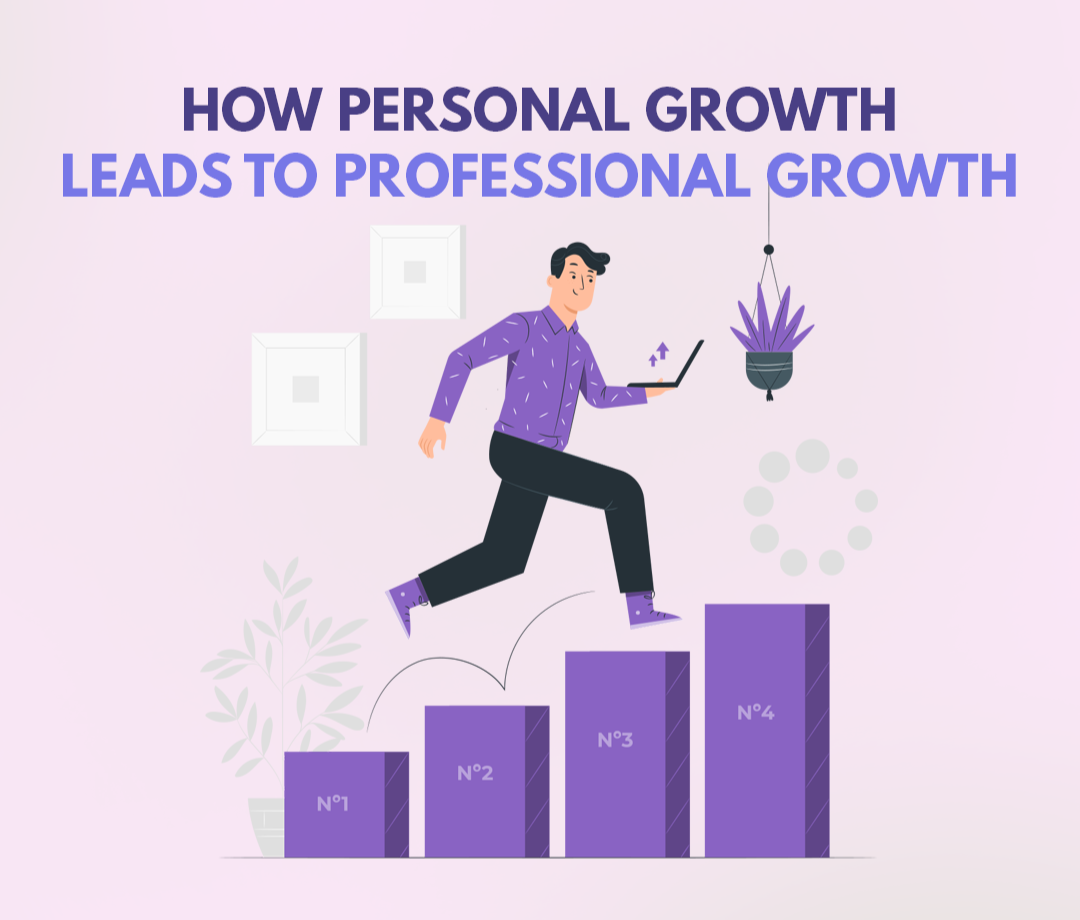Content
Mostbet’in kolay erişim ve yerel destek konusundaki kararlılığı, Türkiye pazarına odaklandığının bir örneğidir. Modern bahisçiler, mobil cihazları kullanarak bahis oynamayı, maçların video yayınlarını izlemeyi ve diğer bahisçi işlevlerini kullanmayı giderek daha fazla tercih ediyor. Bu, bir PC’ye bağlı olmadan her yerde ve her zaman kazanan bahisler yapmalarını sağlar. Ortaya çıkan soru ayrıntılı bir açıklama veya belgesel kanıt sağlanmasını gerektiriyorsa, e-posta yoluyla veya geri bildirim formunu kullanarak bir talep göndermek daha iyidir. Tüm bu seçenekler resmi sitesinde “Kişiler” bölümünde mevcuttur. Bu tür yöntemleri kullanırken cevap ilk durumda olduğu kadar çabuk sağlanmayacak, ancak daha geniş ve kapsamlı olduğu ortaya çıkacaktır. Ayrıca, mevcut kullanıcılar için Most Bet’ten sadakat programı indirme fırsatı sunulmaktadır. Üyeler düzenli olarak ücretsiz dönüşler ve ücretsiz bahisler kazanabilirler. Ayrıca, harcadıkları süre boyunca işlem miktarının %10’u kadar haftalık geri ödeme alabilirler. Bu nedenle, Mostbet Türkiye’nin yeni ziyaretçileri için sunduğu ilk para yatırma işleminde anında %100 bonus fırsatını kaçırmamak önemlidir.
Bahis türleri ve oranlar
Dolayısıyla, kullanıcıların bonus teklifini kabul etmeden önce ilgili şartlar ve koşulları dikkatlice okumaları ve anlamaları çok önemlidir. Mostbet bahis platformu, kullanıcılarına avantajlı bonus seçenekleri sunarak onların oyun deneyimini zenginleştirmeyi amaçlar. Ancak, bu bonuslardan yararlanabilmek için bazı şartlar ve koşullar vardır. İlk olarak, her bonusun geçerli bir kullanım süresi bulunmakta ve bu süre içerisinde ilgili bonus kullanılmazsa geçerliliğini yitirir. Ayrıca, bonuslar genellikle belirli oyunlar veya oyun kategorileri için geçerli olup, tüm oyunlarda kullanılamayabilir.
Türkiye’deki Mostbet bonusları ve promosyonları
Evet, Mostbet’te çeşitli uluslararası spor etkinliklerine bahis oynayabilirsiniz. Buna Olimpiyatlar, Dünya Kupası ve diğer büyük turnuvalar dahildir. Ayrıca, belirli sporların ve etkinliklerin canlı yayınını da sunarlar, böylece aksiyonun hiçbirini kaçırmazsınız. Evet, Mostbet belirli spor ve etkinliklerin canlı yayınını sunar. Bu özellik, aksiyonu olduğu gibi izlemenize olanak tanır ve sizi en son skorlar ve sonuçlarla güncel tutar. Evet, Mostbet tamamen güvenli ve emniyetli bir bahis sitesidir https://mostbet-bahisleri.com/. Tüm verilerinizin güvende ve emniyette tutulmasını sağlamak için en son şifreleme teknolojisini kullanırlar. Ayrıca, müşteri destek ekibi her türlü sorunuzu veya endişenizi yanıtlamak için her zaman hazırdır. Mostbet’te Netent, Pragmatic Play, BetSoft ve daha fazlası gibi önde gelen sağlayıcıların oyunlarına erişebileceksiniz. Bu geliştiriciler, gerçekçi grafiklere ve ilgi çekici bonus özelliklere sahip yüksek kaliteli oyunlar yaratmalarıyla bilinir.
- Bunu yapmak için destek hizmeti uzmanlarına başvurmanız gerekir.
- Ayrıca, kazancınızı önemli ölçüde artırabilecek dolar topu ikramiyeleri ve aşamalı ikramiyeler gibi bonus özelliklerle birlikte gelirler.
- Türk katılımcılara, 2.000 TL’ye varan hoş geldin teşviki, haftalık geri ödemelerle desteklenen çeşitli bonusların yanı sıra çeşitli promosyon teklifleri de sunuluyor.
- Detaya gerektirmeyen bir üyelik formunu doldurup, Mostbet üyelik bölümüne giriş yapabilirsiniz.
- Bunun tek çözümü güncel adresi takip etmek ve o adrese giriş yapmanızdır.
Slotlar ve oyunlar
Promosyon kodları, çevrimiçi bahis deneyiminizden daha fazlasını elde etmenin mükemmel bir yoludur. Bu kodlarla, bahislerde indirim ve kârınızı en üst düzeye çıkarmanıza yardımcı olacak diğer bonusları alabilirsiniz. Promosyon Kodları çeşitli spor bahisleri ve bahis siteleri için mevcuttur, bu nedenle herhangi bir bahis oynamadan önce en iyi fırsatları kontrol ettiğinizden emin olun. Çevrimiçi spor bahisleriyle ilgilenen oyuncular Mostbet sitesine göz atmalıdır.
Poker
Ayrıca yeni kullanıcı seçilen slot oyunları için 50 FS alacak. Mostbet, Türkiye pazarına özel çok sayıda para yatırma ve çekme seçeneği sunarak kullanıcılarına kolaylık ve güvenlik sağlıyor. Aşağıda Mostbet’in Türkiye’deki mevcut finansal yöntemlerine derinlemesine bir genel bakış bulunmaktadır. Ayrıca tüm düzenli kullanıcıların bu şirketin sitesindeki etkinlikleri için özel teklifler almalarını sağlayan sadakat programının şartlarını okumayı da unutmayın.
Hoşgeldin bonusunun yatırıldıktan hemen sonra geri çekilemeyeceğini lütfen unutmayın. Bunu yapmak için Mostbet bahis sitesinde daha ayrıntılı olarak açıklanan belirli koşullarda bahis yapmanız gerekir. Bahis için sınırlı bir süre sağlanır, bu nedenle oyuncunun kazanç miktarını artırma fırsatını kaçırmamak için acele etmesi önemlidir. Bu şirket, eSports disiplinlerine bahis yapma fırsatı sunar – özellikle Dota 2, League of Legends, Valorant turnuvaları ve daha fazlasına bahis oynayabilirsiniz. Hatta birçok maçta oldukça yüksek oranlarla favorilere bahis yapmak bile mümkündür. Minimum ve maksimum sınırlar arasında geniş bir yelpaze sunan Mostbet casino, farklı finansal yeteneklere sahip oyuncular için kumarhane hizmetlerini kullanma fırsatı sunar. Bu, oyuncuların oyun bakiyelerini 20 Türk lirasından on binlerce liraya kadar doldurmalarını sağlar. Bu da farklı bütçelere sahip oyuncuların rahatça oyun oynayabilmesi anlamına gelir. Mostbet üyelik işlemlerinden herhangi bir belge talep etmemektedir. Mostbet sitesini incelediğinizde tamamen özel bir yazılıma sahip olduğunu görmekteyiz.
Mostbet’e kaydolmak için platformun resmi Türkçe web portalına gitmeli, kayıt amblemini çalıştırmalı ve gerekli bilgileri sağlamaya devam etmelisiniz. Bu prosedürün kısa olması, tipik olarak üç dakikadan kısa sürede sonuçlanması nedeniyle müjdeleniyor. Mostbet’teki Aviator, basit ama ilgi çekici mekaniği ile heyecan verici bir oyun deneyimi sunuyor. Uçak uçup gitmeden önce parayı ne zaman çekeceklerine karar vermeleri gerekiyor.
Mostbet Türkiye sitesini ziyaret eden bir ziyaretçinin sosyal ağlarda güncel sayfaları varsa bunlar kayıt için de kullanılabilir. Ayrıca bahisçi kaynağın işlevselliğini hemen kullanmaya başlayabilir. Kazada, hafif ticari aracın sürücüsü E.Ç’nin yanı sıra aynı araçta bulunan Gerze Devlet Hastanesi’nde görevli doktorlar Sena Sakin ve Mehmet Turan Yazlar ile otomobilde bulunan R.T. Türkiye’de spor bahisleri için bizden daha bir siteyi bulamayacağınıza %100 eminiz. Para çekme işlemleri banka kartları, uluslararası ödeme sistemlerindeki hesaplar ve kripto para cüzdanları için kullanılabilir. Casino bölümündeki popüler özelliklerden biri, oyuncuların kazançlarını% 50 başarı oranıyla ikiye katlayabilecekleri riskli oyunlardır. Ancak, bahsi kaybetmek tüm ödemenin kaybedilmesine neden olacaktır. Genellikle, iki katına çıkarma özelliği beş defaya kadar oynatılabilir.
Mostbet bahis platformu, kullanıcılarına kapsamlı bir oyun yelpazesi sunmaktadır. Bu sayede bahis severler, kendi ilgi alanlarına ve becerilerine uygun oyunları tercih edebilme şansına sahiptir. Oyun türleri arasında; spor bahislerinden, canlı casino oyunlarına, slotlardan masa oyunlarına ve sanal oyun seçeneklerine kadar geniş bir seçenek sunulmaktadır. Bunların içinde futbol, basketbol, tenis gibi popüler spor dallarının yanı sıra, poker, baccarat, blackjack ve rulet gibi klasik casino oyunları da yer almaktadır. Mostbet online casino hizmetleri Türkiye’de oldukça popülerdir. 2009 yılından bu yana kumar ve eğlence portalı, müşterilerine en iyi slot makinelerini sunarak başarılı bir şekilde hizmet vermektedir. Ayrıca kazançlarını hızlı ve güvenli bir şekilde çekme imkanı da sunmaktadır. Mostbet bahis sitesi güvenilir bahis siteleri arasında yer almaktadır. Kaliteli olan bahis oyunları, güvenli ödeme yöntemleriyle sorunsuz şekilde para yatırma ve çekme işlemi gerçekleştirebilirsiniz.







